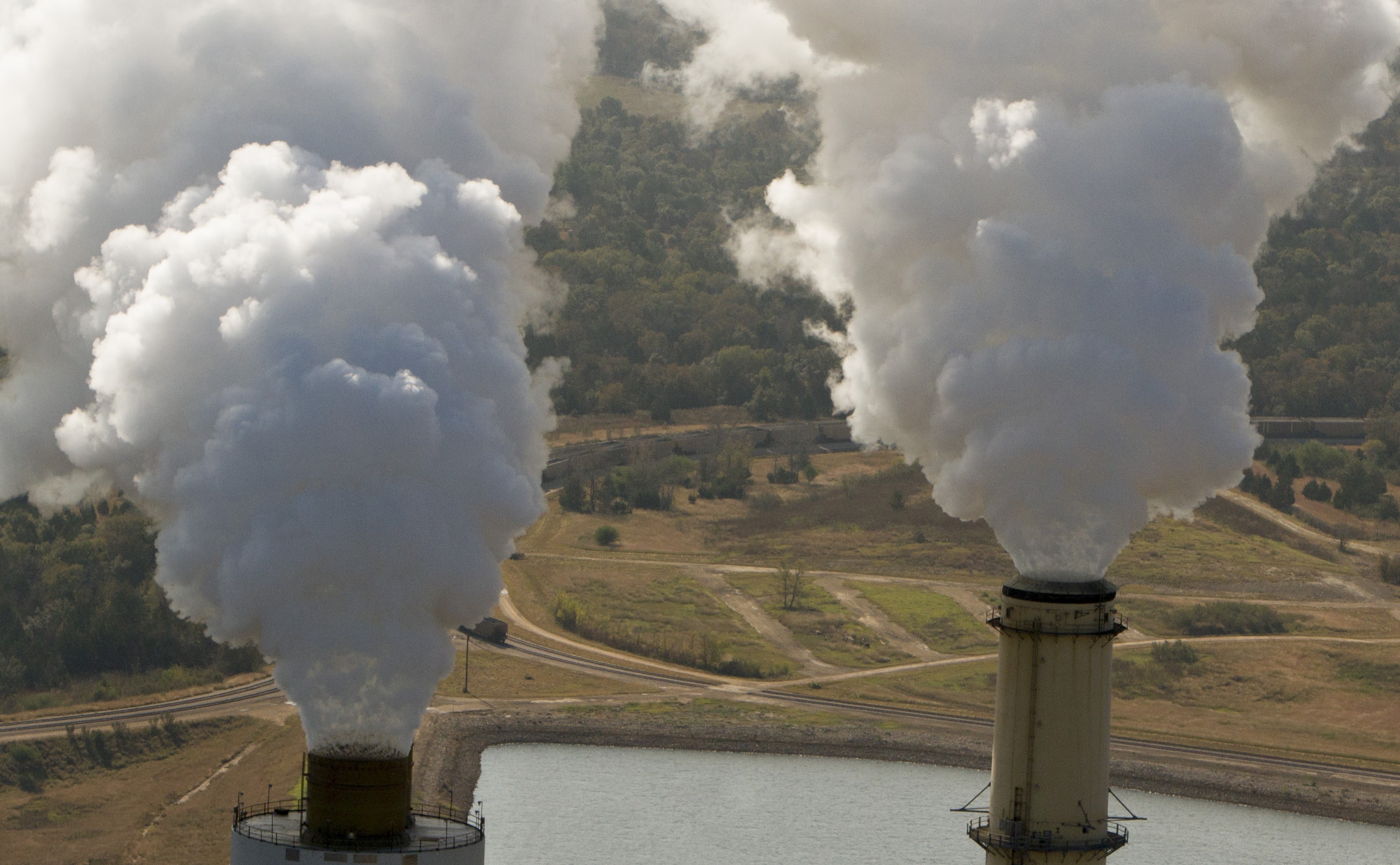The writing is on the wall: Coal has no place in a livable world. Not only is coal increasingly more expensive than clean energy sources; it also has disastrous consequences for public health and the climate we all depend on. But as we move away from coal, policymakers can and must ensure the transition from coal to clean energy is designed with equity and impact in mind. A new report from the Sierra Club, Designing Coal Retirement Mechanisms for Equity and Impact, offers recommendations on how to do just that.
November 4 is Energy Day at the UN’s climate change conference Glasgow (COP26). Energy Day highlights the need for a just global energy transition away from coal, oil, and gas and towards renewable energy to meet the greenhouse gas emission reduction objectives set forth by the Paris Agreement. If the world succeeds in meeting these goals, we will be able to avert the most catastrophic impacts of the climate crisis.
Coal is the largest source of global carbon dioxide emissions. UN Secretary-General António Guterres stated that in order to stay within the Paris Agreement’s 1.5° Celsius (2.7 degrees Fahrenheit) temperature goal, “Global coal use in electricity generation must fall by 80 percent below 2010 levels by 2030.” Achieving this goal means developed nations will end their coal use by 2030, and developing nations will follow suit by 2040 at the latest. Phasing out coal from the electricity sector is imperative to not only achieving these goals but also to improving public health and delivering cheaper energy to the world. Fossil fuel-related air pollution is responsible for one in five of all global deaths each year.
At COP26, governments, financial leaders, and other stakeholders will be discussing innovative mechanisms to spur the transition away from coal, such as “pay for closure,” debt refinancing, and asset purchasing mechanisms. When designed intentionally and implemented well, coal retirement mechanisms hold much promise. But they can also go wrong, wasting resources or neglecting the voices and interests of the workers and communities they affect.
Our new report offers guidance on how to ensure that coal retirement mechanisms are designed to advance equity and impact. Focusing on equity means ensuring that coal industry workers and their communities are given support and adequate resources to transition away from coal. It means prioritizing the closure of coal plants in marginalized communities who are bearing disproportionate pollution burdens, and making key decisions through inclusive, participatory, and transparent processes in which all stakeholders have a voice, especially those who have historically been marginalized or excluded.
Focusing on impact means ensuring claimed emissions reductions are real and not offset by increased emissions elsewhere on the grid or in other sectors. It means expediting the reduction of carbon pollution and facilitating broader reforms in the electricity sector. Maximizing impact advances environmental justice; as the burdens of climate change fall heaviest on the poorest and most vulnerable nations and communities, wasted mitigation efforts harm them the most.
Developments and innovations in policies and mechanisms to support the transition from coal to clean, renewable energy are an important piece of the puzzle in fighting climate change and protecting a livable planet. And it is imperative to take full advantage of this opportunity to also advance a better, more equitable world for everyone.
To read the full report and access more information, please visit sierraclub.org/CRM.
